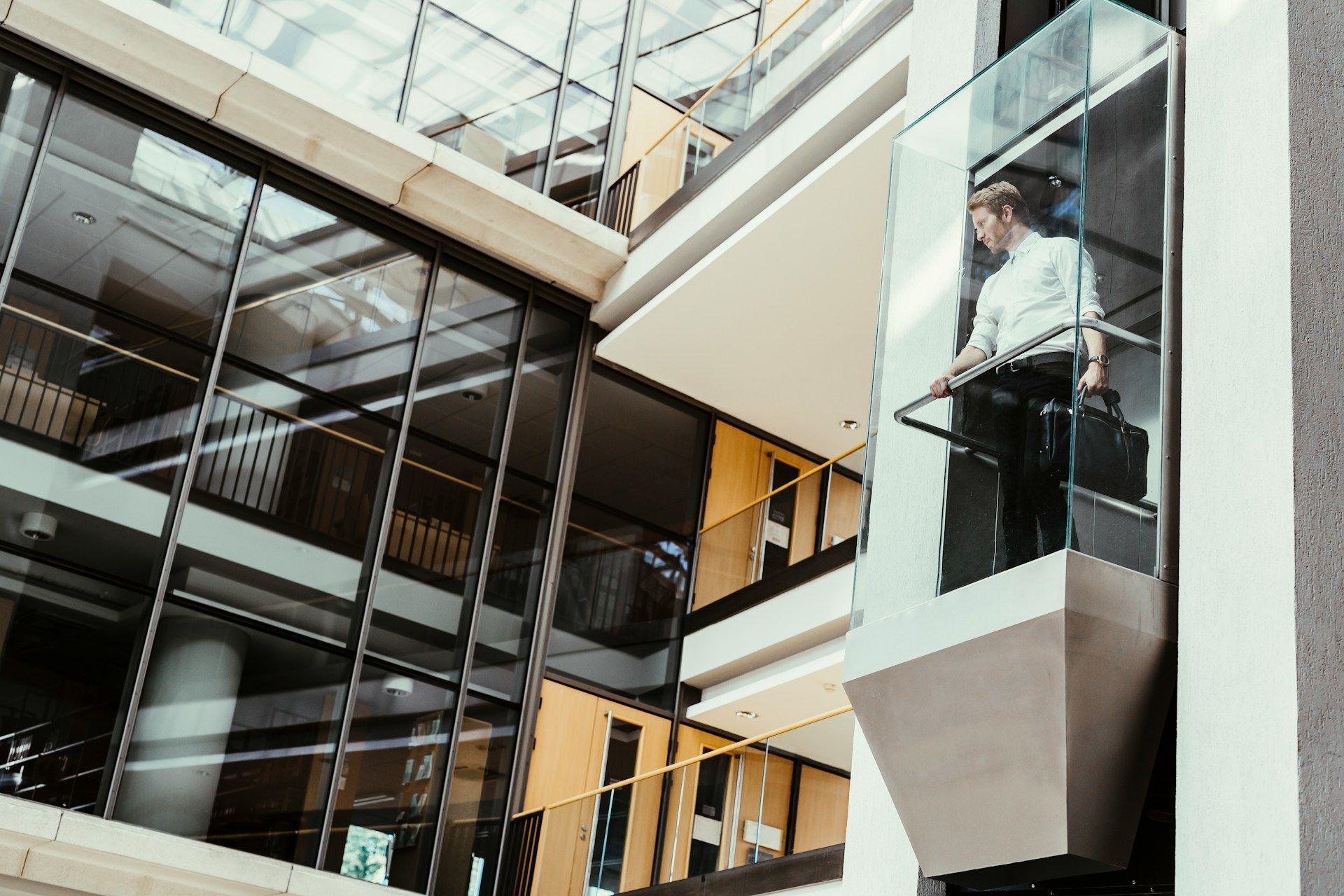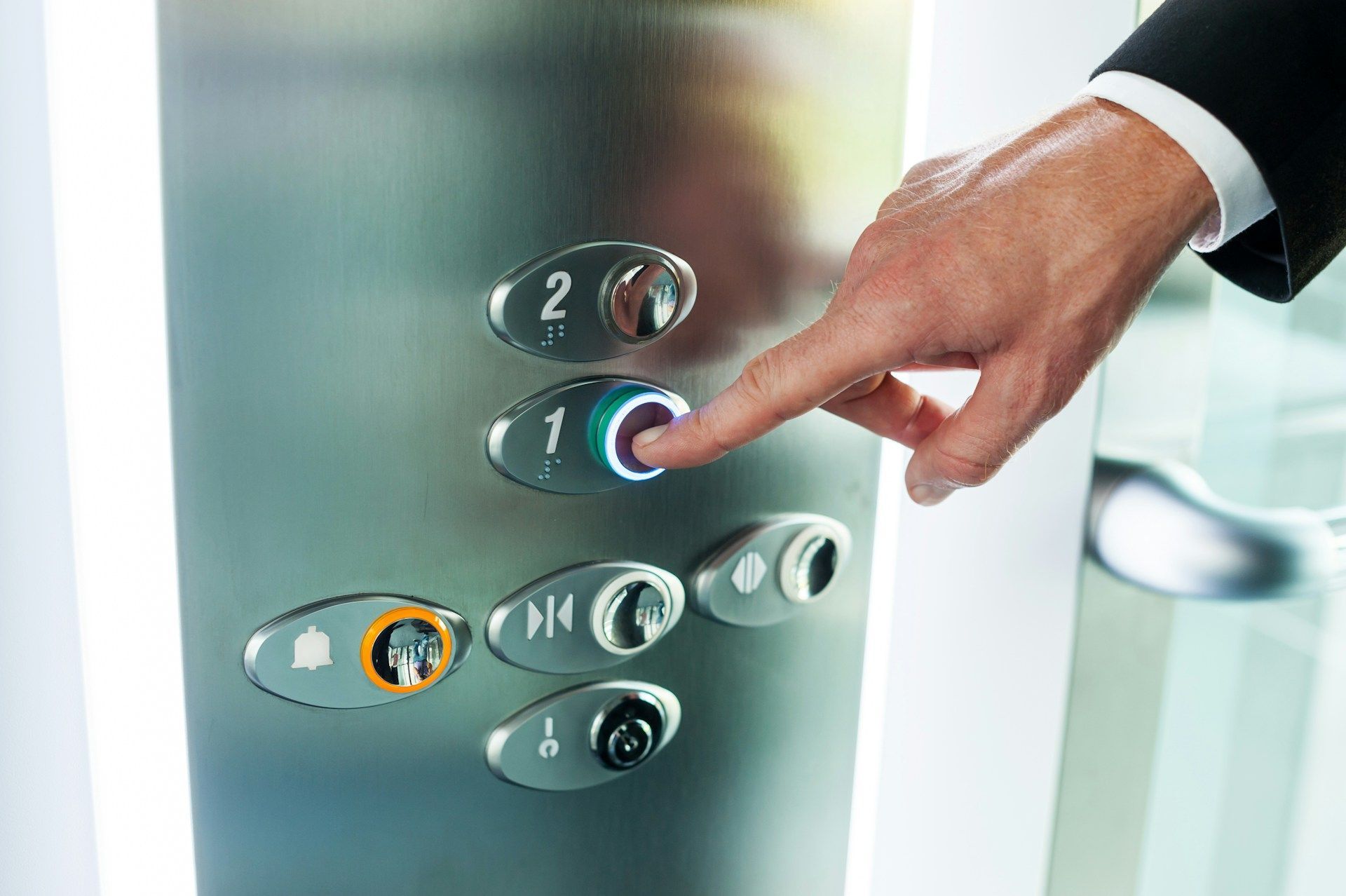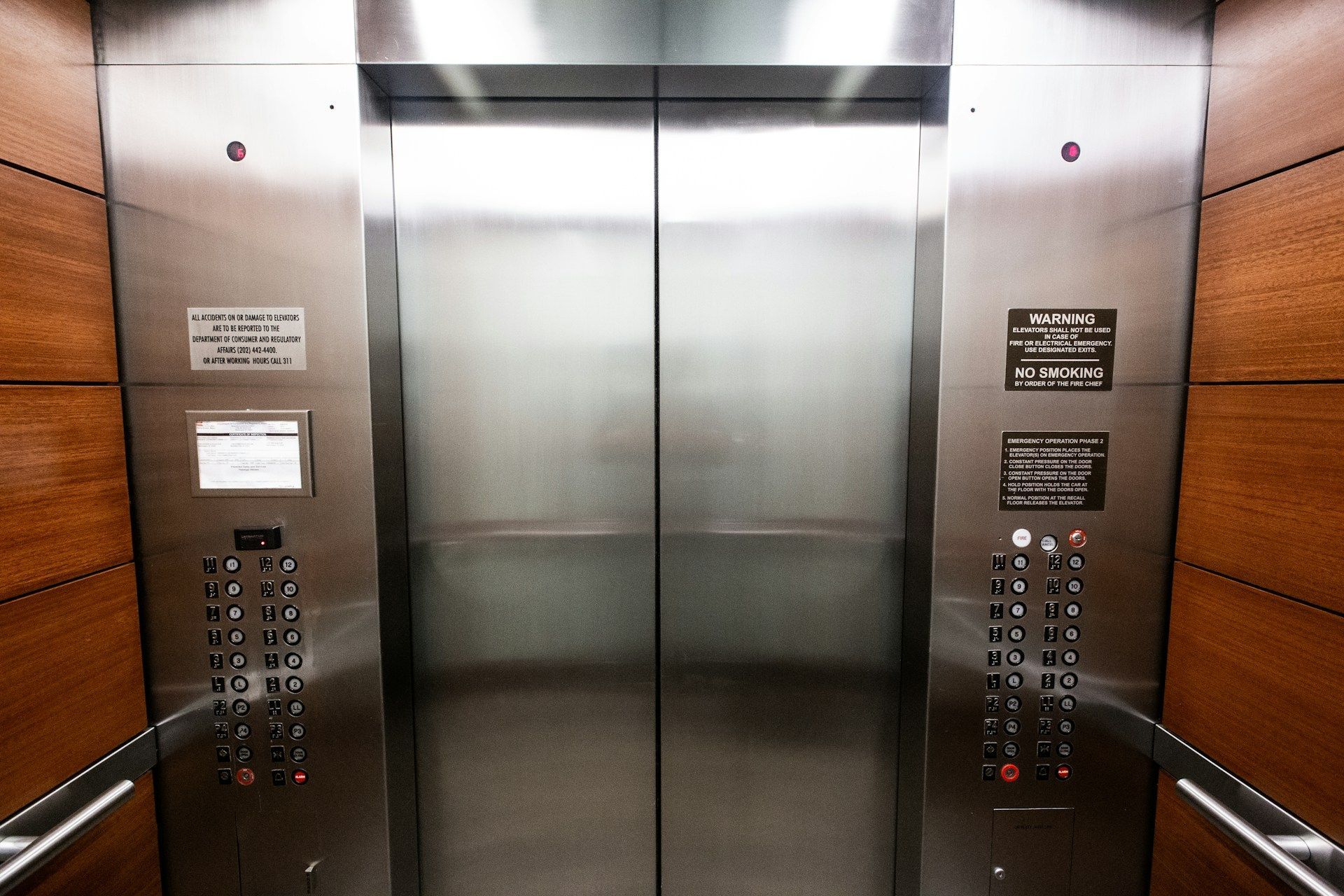Tips for Extending the Life of Your Commercial Elevators
Maintaining commercial elevators is key to ensuring a smooth ride and a secure environment for everyone. Over time, constant use of elevators in commercial settings can lead to wear and tear, resulting in costly repairs and inconveniences. By focusing on regular care and smart upgrades, you can prolong the lifespan of your elevators and keep them running efficiently.
In Kentucky and Indiana, commercial elevators face unique challenges due to the regional climate and usage patterns. Hot, humid summers and cold winters can put extra stress on mechanical components. Being proactive with maintenance not only means fewer breakdowns but also ensures that elevators continue to serve passengers without interruption.
Regular Inspection Schedule
Frequent inspections play a significant role in maintaining the integrity of commercial elevators. Keeping a watchful eye on key parts helps pinpoint issues before they develop into larger problems.
- Schedule Regular Check-Ups: Aim to have a detailed inspection at least every three to six months. This helps identify any minor issues that may develop over time.
- Key Areas to Focus On: During inspections, pay attention to the hoistway, machine room, and the cables. Ensure that all safety components like alarms and stop switches are functioning properly.
- Internal Checks: Don't forget the interior. Floor conditions, lighting, and control panels should be assessed to ensure they are in good working order.
- Hire Professionals: Always use licensed elevator technicians for these inspections. Their expertise ensures that your elevators meet safety codes and standards.
By maintaining regular inspections, you'll reduce the chances of unexpected failures that could disrupt business operations. This attention to detail not only secures your elevators but also enhances the safety and satisfaction of your passengers. Regular inspections act as a proactive measure, keeping everything running smoothly and preventing possible downtime.
Implementing Preventive Maintenance
Preventive maintenance is a proactive strategy designed to prevent problems before they arise. It's more than just fixing things when they break; it's about preventing those breaks from happening in the first place. This approach means giving attention to smaller details that you might otherwise overlook.
- Routine Tasks: Regularly lubricate moving parts to reduce friction and wear. Check belts, pulleys, and cables for signs of wear or fraying. Keep an eye on the door mechanisms to ensure they open and close smoothly.
- Environmental Factors: Control the environment inside the mechanical room. Ensure it's free of dust and debris and that temperature and humidity are regulated. Proper conditions prolong the life of electrical components.
- Routine Cleaning: Regular cleaning of the elevator car and its components can prevent dirt buildup that leads to malfunctions. This is not just cosmetic; it has real safety and efficiency implications.
By investing time in preventive maintenance, you can significantly extend the lifespan of your elevators. This practice reduces the likelihood of unexpected repairs and ensures that users have a safe and reliable experience. Think of it as regular doctor check-ups for your elevators, keeping them in top condition.
Upgrading Elevator Components
As elevators age, certain components will eventually need updating to maintain efficiency and safety. Upgrading these parts can prevent breakdowns and improve functionality.
- Key Components to Consider: Focus on upgrading control systems and door operators as technology evolves. These upgrades not only improve performance but can also enhance safety features.
- Signs an Upgrade is Needed: Notice if your elevator has slower response times, frequent repairs, or outdated parts that no longer meet current safety standards. These are all signs that it's time to consider an upgrade.
Upgrading might seem like a big investment, but it pays off in the long run with fewer maintenance issues and better performance. Modern components can also offer enhanced energy efficiency, leading to lower operational costs.
Training for Building Staff
Training building staff in basic elevator operations and maintenance tasks is essential. It ensures that minor issues are addressed quickly and safely, contributing to smoother elevator operations.
- Essential Training Topics: Staff should learn emergency protocols like how to handle trapped passengers or sudden stops. They should also understand basic troubleshooting to address issues that might arise during daily operations.
- Improving Safety and Efficiency: Trained staff can respond quickly to minor issues that don't require a technician, keeping the elevator running smoothly and ensuring passenger safety.
By equipping your staff with the right skills, you contribute to a safer and more efficient building operation. This proactive approach means fewer disruptions and a more pleasant experience for everyone using the elevators.
Keeping Elevators Running Smoothly
Securing the longevity of commercial elevators involves a mix of regular inspections, preventive maintenance, strategic upgrades, and trained staff. Each step plays a part in ensuring that elevators remain reliable and safe.
Owners and managers in Kentucky and Indiana should prioritize maintenance and staff training to deal with regional challenges effectively. By doing so, they not only extend the life of their elevators but also create a safer environment for all users. With the right practices, elevators will continue to provide seamless transit between floors for years to come.
When you're looking to ensure safe and efficient operations for your building's elevators, having a clear strategy for
commercial elevator maintenance is vital. Elevator Solutions Inc. can help you achieve seamless and reliable elevator performance. Connect with our experts today to explore how our tailored maintenance services can help you maintain state-of-the-art elevator systems for your commercial property.



